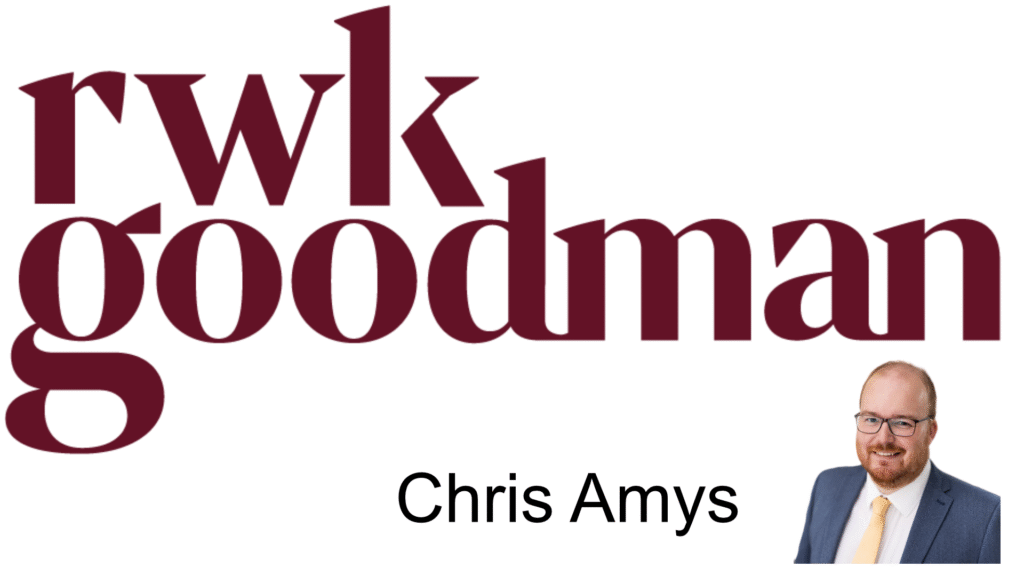
The Government’s Employment Rights Bill (ERB) contains sweeping reforms to Statutory Sick Pay (SSP), with significant financial and operational implications for social care providers.
What’s changing?
Currently, SSP is payable from the fourth day of sickness absence, and only workers earning more than the lower earnings limit of £125 per week are eligible. Under the ERB, two major reforms are expected to come into force in April 2026:
- SSP would be payable from day one of absence, and the three-day waiting period being abolished.
- Removal of the lower earnings limit, with the effect that workers on lower hours and pay will be eligible for SSP.
The weekly rate of SSP, currently set at £118.75 from April 2025, will continue to apply, with annual reviews and increases. The Government has rejected calls to increase SSP in line with statutory maternity pay or the national living wage.
Why is this important?
Sickness absence is a major issue for providers. The CIPD’s Health and Wellbeing at Work 2025 report, published on 9 September 2025, reported a sharp increase in sickness absence, with the average number of absence days per employee per year increasing from 7.8 to 9.4 days, the highest in more than 15 years.
The impact of high levels of sickness absence includes:
- Additional cost of paying SSP and paying for agency cover if shifts can’t be filled by the existing workforce
- Impact on workload and well-being of colleagues who have to cover during absences
- Impact on continuity and quality of care for clients and service users.
The ERB reforms:
- Will create additional financial liabilities for providers as SSP will be payable from the first day of absence, rather than the fourth day of absence, which represents a high percentage of most absences. A wider group of employees will also be eligible for SSP, thereby increasing costs further.
- Could result in increased levels of short-term sickness absence as workers who may have come to wok feeling unwell to avoid a complete loss of pay, may be more incentivised to take the day as paid sick leave.
How should you prepare for the changes – top tips
To ensure you are prepared for the changes, we recommend:
- Audit your sickness absence records over the last 12-24 months and forecast the additional cost of paying SSP for the first 3 days of sickness absence.
- Assess how many of your workforce will become eligible for SSP for the first time due to the removal of the lower earnings limit, review their sickness absence records over the last 12-24 months, and forecast the financial cost of paying them SSP for sickness absence.
- Consider how you will fund the additional costs to your business.
- Ensure you have effective well-being and physical and mental health support in place for your workers to minimise the risk of sickness absence.
- Review your sickness absence policies and procedures to ensure they are robust, ensure sufficient systems and processes are in place to monitor absence, arrange training for managers on effective sickness absence management, and proactively manage sickness absence in practice. For support with any of these please contact a member of our specialist team of health and social care employment lawyers.
